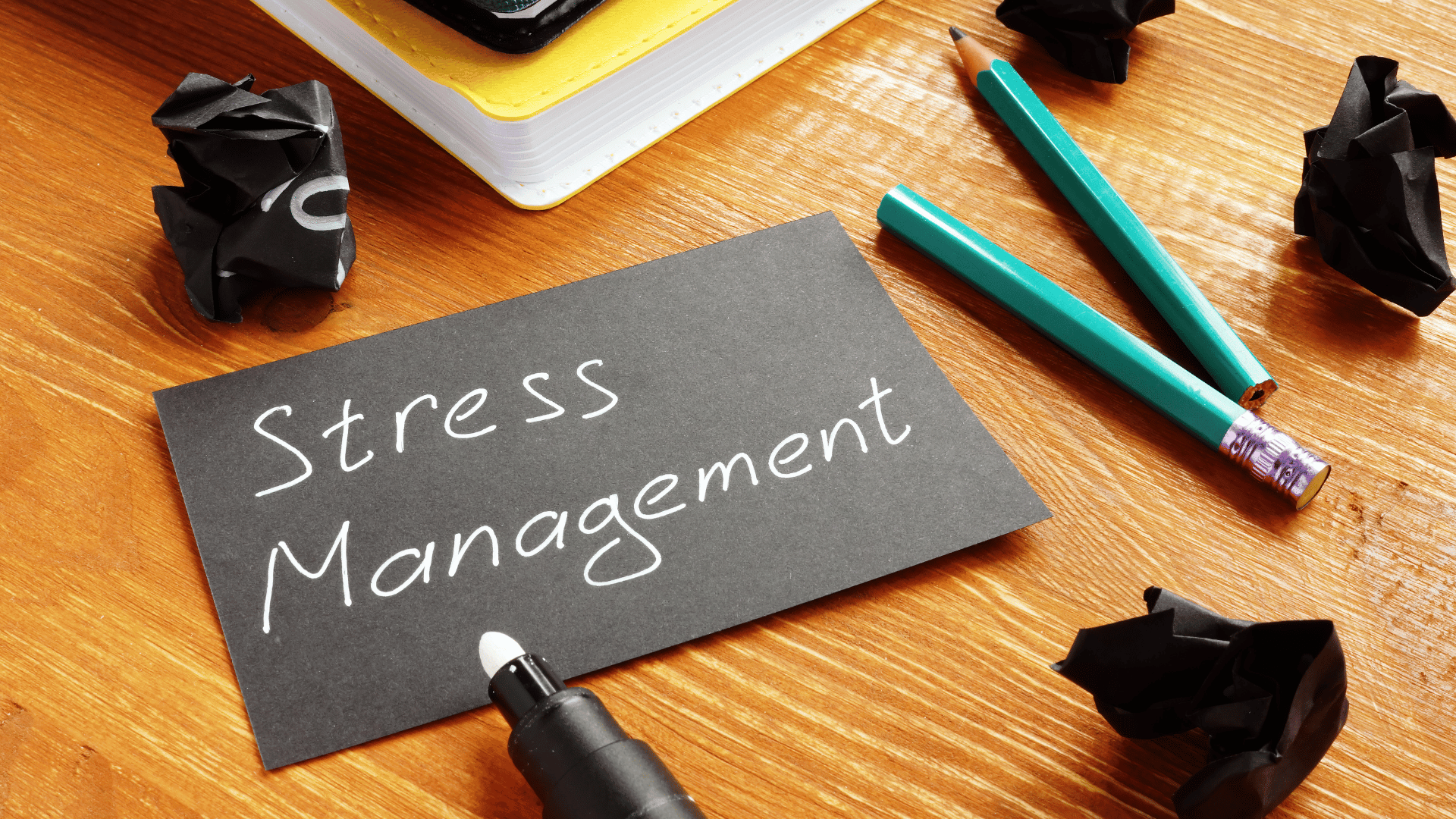Is it really burnout?
Nov 08, 2023
Is it Really Burnout?
5 Hidden Signs of Perimenopause
Introduction
Perimenopause is a bit like that mysterious neighbor you’ve heard about but never really got to know. You wouldn’t be the first woman to reach perimenopausal age only to go wait, hang on, I wasn’t expecting any of this.
Or, as I hear all the time, I thought it was just hot flashes…
(Actually, 90% of women aren’t educated on it!)
As a business coach dedicated to empowering women, it’s high time we pull back the curtains on this transition, especially when it comes the way it impacts your work life. The run-up to menopause can be a bit of a silent assassin—quietly wreaking havoc and leaving us baffled in its wake.
It doesn’t help that healthcare systems in the UK and the US shine so little light on it. But don’t fret - I’ve got your back.
Here are 5 signs of how perimenopause affects you at work!
1. Mood Swings and Office Giggles
Have you found yourself gritting your teeth in annoyance at someone who usually doesn’t bother you? Well, it’s not just workplace stress - it might be perimenopause making an entrance.
Hormonal fluctuations in perimenopause are like an emotional rollercoaster. Between the high amounts of cortisol (stress hormone) flooding your body, insomnia, and overall hormonal shifts, irritability and anxiety are very, very normal. They can also feel incredibly intense! So don’t blame yourself. Your body is going through the single biggest hormonal upheaval possible - bigger than pregnancy.
Knowing this can help you avoid office drama, take care of yourself better, and keep those work relationships stress-free.
2. Brain Fog and Desk Disarray
Ever find yourself sitting at your desk, wondering if you’d suddenly forgotten how to adult?
Perimenopause isn’t just about hot flashes and mood swings; it can give you a hefty dose of brain fog and memory lapses too. This is a scary one, really, but it’s not permanent and it doesn’t mean you’ve got dementia.
“That was really scary, being mid-sentence and forgetting the noun or the word. I actually took a friend of mine aside and said to her: ‘I'm really worried that I might be getting early onset Alzheimers’. Why don't we know about all these things?” - Ulrika Jonsson
Understanding this one allows you to cook up some clever strategies to keep your work game sharp. The most important thing you can do is manage your stress, give yourself extra time, and don’t be too hard on yourself.
3. Work Fatigue and Coffee Runs
If you’ve been feeling more tired than a toddler after a day at Disneyland, perimenopause might have something to do with it.
It’s not just the 9-to-5 grind! Insomnia during perimenopause is especially bad, and it all comes right back to that hormone cortisol. Perimenopause triggers a release of this hormone - but, by the time we’re in our late thirties, forties and fifties, we’ve already accumulated a ton of stressors in our day to day life anyway.
You’re left fatigued and lethargic, and it’s important to understand that your 100% effort may look different every day.
But resist the temptation to overdo it on the coffee - you don’t want to get stuck in an anxiety feedback loop. And sneak in those power naps!

4. Hot Flashes and Office Cool
Hot flashes at work? This is a really overwhelming one. These sudden moments of discomfort can mess with your focus and productivity, and leave you feeling completely stressed out.
Don’t be afraid to invest in something like a desk fan, or take yourself for a short break when it’s all getting too much. Your comfort should always be a top priority.
Another tip I have is to have half a cup of edamame beans every day!
Edamame contains something called isoflavones, which really calm down hot flashes. You can also try tofu, soy milk and soy yoghurt!
5. Work Calendar Surprises
A lot of women go into perimenopause thinking that their periods will slowly fade out, and that’s all there is to the process of menopause. Unfortunately, that’s not the case. Your menstrual cycle becomes erratic, totally irregular, and can even vary every single time.
The reason behind this has to do with the levels of estrogen and progesterone in your body. You can think of these like the pedals on a car. Estrogen is like the accelerator - it thickens up the lining of your uterus and causes a very heavy flow. Progesterone is like the brakes. The more progesterone in your body, the lighter the period.
Perimenopause bounces these levels all over the place, so no two periods are the same.
The best strategy for coping with this is to expect the unexpected, and to look into different kinds of HRT - beyond just synthetic HRT, which has quite a few downsides.

What to Do About It
We know that the information around perimenopause is complicated, confusing and often contradictory. That’s why we’ve done the legwork to bring you the plain facts, stripped of jargon, so you can grasp the science behind it all. Our mission is to empower you with knowledge.
And understanding these not-so-well-known office-related signs and their connection to perimenopause is your first step toward taking control of your health and career. Many women suffer in silence, not knowing what’s happening and even blaming themselves.
By taking this step to educate yourself on this process, you’re one step closer to making informed choices and conquering this new chapter of your life.
I highly recommend learning more about the different types of HRT - you need as many tools in your toolkit as possible to manage something as challenging as perimenopause.
I have several short video courses you can access on my website to learn more about what to expect and real, concrete solutions on how to manage it. You can find these over at www.geetasidhu-robb.com.
If you want to delve deeper into this topic and learn how to navigate perimenopause in the workplace, learn more on my website or find me on Instagram, TikTok and Facebook @geetasidhurobb. I also run regular free webinars to support women just like you.
Book in a call and we’ll walk you through how we can help you get back on your feet.


